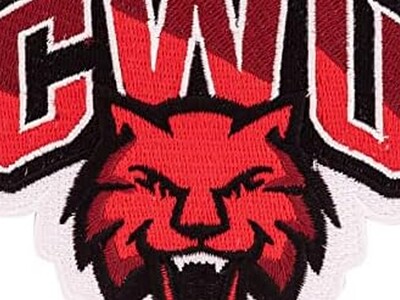Biofuels Conference & Tick Attacks
Biofuels Conference & Tick Attacks plus Food Forethought. I'm Greg Martin with today's Northwest Report.The Northwest Wood-Based Biofuels/Co-Products Conference gets under way next week in Seattle. The goal of the conference is to share and exchange research findings, ideas, and strategies for the common goal of sustainable development of wood-based bio-refineries for production of biofuels and co-products in the Pacific Northwest. Northwest Advanced Renewables Alliance Communications Director, Charles Burke talks about the conference.
BURKE: The conference is actually being hosted by the USDA and Washington State University Extension. What's unique about this conference, first of all it's a first time conference. We haven't had a conference like this before and what's unique about this one are two things. First, this conference is very focused on the Pacific Northwest region. The other distinction is I think this conference is just looking at wood resources for the conversion into a variety of chemicals and co-products.
Ticks are once again making themselves know in wooded areas around the northwest. Ticks are a type of arachnid along the lines of spiders but live off the blood of mammals, birds, and sometimes reptiles and amphibians and are also know to be vectors or carriers for a number of diseases. Extension agents and public health officials warm folks that are walking through tall weeds and wooded areas to make sure you check yourself over and remove any ticks before they get set in.
Now with today's Food Forethought, here's Lacy Gray.
Students and the dairy industry would like to keep chocolate milk as a drink choice in schools, which means chocolate milk isn't disappearing from school cafeterias without a fight. Several school districts around the country have removed chocolate milk from their menus because of the extra sugar, claiming that it contributes to childhood obesity; even though flavored milk is allowed by new USDA dietary guidelines as long as it's fat free. There have been numerous studies reporting that children are more likely to take milk with their school meals, if the milk is flavored. Results from the most recent were published this month in PLOS One and involved eleven elementary schools in Oregon that have banned chocolate milk from the menu, replacing it with skim white milk. This study shows that banning flavored milk from school menus has resulted in a large decline in total milk consumption by students, more waste of white milk and fewer students eating school meals because of the ban. So the question remains - does the banning of chocolate milk from school menus do more harm than good?
Thanks Lacy. That's today's Northwest Report. I'm Greg Martin on the Ag Information Network.















